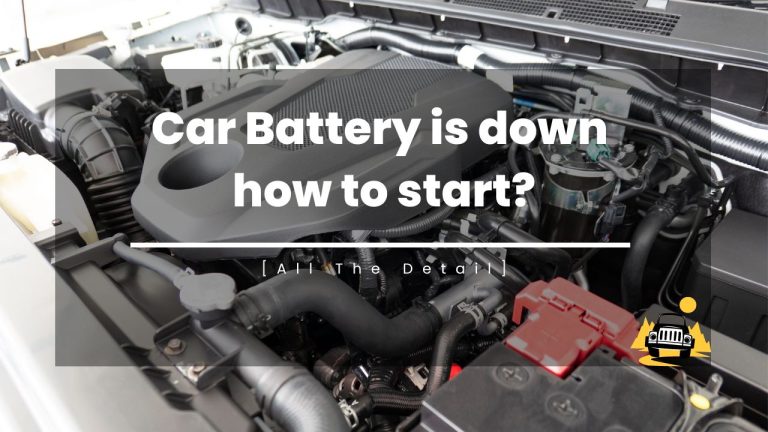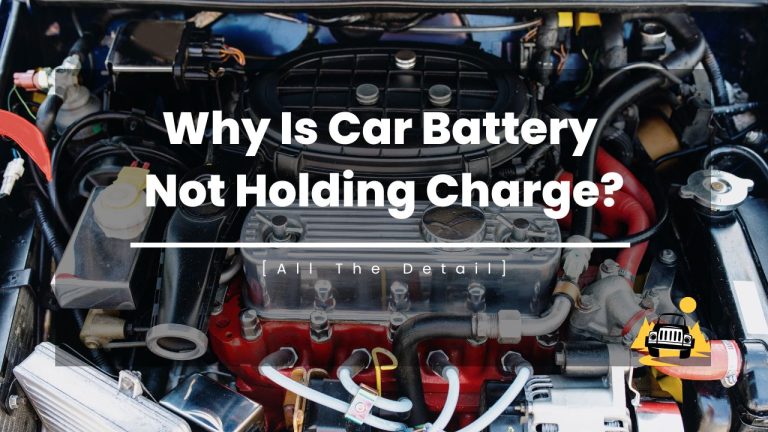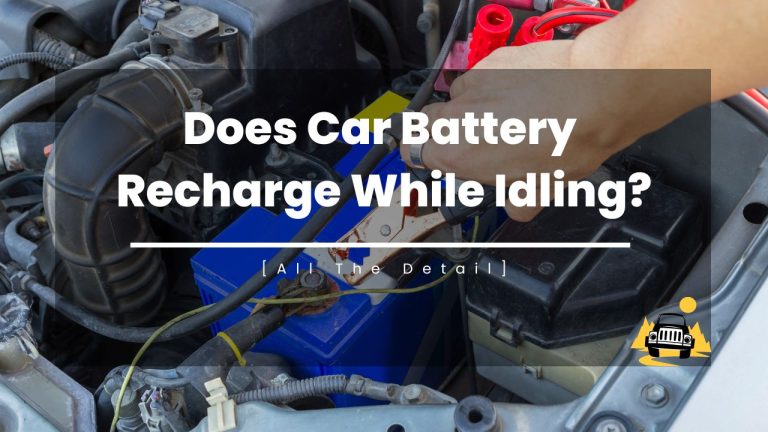Can You Put Premium Gas in Jeep?
Are you a Jeep owner who is curious about whether or not you can put premium gas in your vehicle? It’s a common question that many drivers have, especially those who are looking to optimize their Jeep’s performance.
In this blog post, we’ll explore the topic in detail and provide you with all the information you need to make an informed decision. So, let’s dive in!

What is Premium Gas?
Before we delve into the main topic, it’s important to understand what premium gas is and how it differs from regular gas. Simply put, premium gas is a higher-octane fuel that is designed to provide better performance and fuel efficiency for certain types of vehicles.
It typically has an octane rating of 91 or higher, whereas regular gas has an octane rating of around 87.
Premium gas contains fewer impurities and additives than regular gas, which means it burns more cleanly and efficiently. This can result in better acceleration, improved engine performance, and increased fuel economy for certain vehicles.
Can You Put Premium Gas in Your Jeep?
The answer is yes, you can, but it depends on your Jeep’s specific model and manufacturer recommendations. Many Jeep models are designed to run on regular unleaded gas, which means using premium gas may not provide any additional benefits.
Using premium gas in a Jeep that is not designed for it could harm your engine and reduce fuel efficiency.
However, some Jeep models, particularly those with high-performance engines, may require or recommend the use of premium gas. In these cases, using regular gas could result in reduced performance and fuel efficiency.
To determine whether or not your Jeep requires or recommends premium gas, consult your owner’s manual or contact your Jeep dealership. They can provide you with specific information about your vehicle’s fuel requirements and make recommendations based on your driving habits and environment.
What happens if I accidentally put premium gas in my Jeep?
If you accidentally put premium gas in your Jeep, which typically requires premium gasoline, you might experience some minor issues, but it should not cause significant damage or safety concerns.
Here’s what could happen:
- Engine knocking: Using premium gasoline in a vehicle designed for regular gasoline can cause engine knocking, which is a loud rattling noise. This is because the higher octane fuel burns more slowly and can create a mismatch in the engine’s combustion chamber. However, this is usually a temporary issue and should not cause long-term damage.
- Decreased fuel efficiency: Premium gasoline generally has a higher octane, which can slightly improve performance and fuel economy in some vehicles. However, this is not a significant factor, and you may not notice a significant difference in your Jeep’s performance or fuel economy.
- No long-term damage: A one-time mistake in fueling your Jeep with premium gasoline is unlikely to cause long-term damage or expensive maintenance. However, it is essential to avoid making a habit out of it, as repeated incidents could lead to more severe problems.
If you realize your mistake before driving too far, you can try to drain the tank and refill it with the correct fuel type. However, this might not be practical or safe in all situations, especially if you are far from home or work.
In such cases, it is best to continue driving gently and monitor your vehicle’s performance. If you notice any significant issues or safety concerns, it is advisable to consult a professional mechanic to ensure your Jeep’s safety and performance.
What happens if I put premium gas in a regular car?
If you put premium gas in a regular car that doesn’t require it, it won’t affect performance, burn cleaner, or improve your fuel economy. The engine computers can usually adjust their timing to account for the increased octane levels, so you probably won’t notice anything.
However, some engines are not designed to burn higher-octane fuel, and you may see a reduction in performance and fuel economy. The main difference with premium is its octane rating — 91 or higher compared with 87 for regular.
The higher octane gives premium gas greater resistance to early fuel ignition, which can result in potential damage, sometimes accompanied by audible engine knocking or pinging. If you accidentally put premium fuel into your regular gas car, nothing significant will happen
What type of gas do jeeps take?
The type of gas that Jeeps take depends on the specific model and engine type. Here are some general guidelines for different engine types:
- For a 3.6-L V6 engine, regular unleaded gasoline with an octane rating of 87 is recommended.
- For a 2.0-L turbocharged four-cylinder engine, premium unleaded gasoline with an octane rating of 91 is recommended. However, some sources suggest that regular unleaded gasoline with an octane rating of 87 can also be used, but the performance may not be as optimal5.
It is essential to consult your vehicle’s owner’s manual to verify the type of gasoline your specific Jeep model requires. Using the recommended fuel type will provide the best performance and prevent potential issues such as decreased fuel efficiency, spark knock, and engine knock.
Should I use premium gas in my 2023 Jeep Compass?
According to the owner’s manual, the preferred gas type for a 2023 Jeep Compass is regular unleaded, which is 87 octane. Using premium gas may result in more power but lower gas mileage.
The 2023 Jeep Compass can take regular fuel, and the MPG ratings are unconfirmed, but it can go up to 364 miles on a full tank of gas. Therefore, it is not necessary to use premium gas in a 2023 Jeep Compass.
Benefits and Drawbacks of Using Premium Gas in Your Jeep
If your Jeep requires or recommends premium gas, you may be wondering what benefits or drawbacks it can provide compared to regular gas. Here are some of the potential pros and cons to consider:
Benefits:
Improved engine performance: Premium gas can provide better acceleration, smoother idling, and overall better engine performance for certain vehicles.
Increased fuel efficiency: Some vehicles may see an improvement in fuel economy when using premium gas, due to its higher octane rating and cleaner combustion.
Reduced engine knock: Premium gas can help reduce engine knock or “pinging” in high-performance engines, which can be caused by low-quality fuel.
Drawbacks:
Higher cost: Premium gas typically costs more per gallon than regular gas, which can add up over time if you’re using it regularly.
No significant benefits for some vehicles: If your Jeep is not designed to run on premium gas, using it may not provide any significant benefits and could even reduce fuel efficiency.
No guarantee of improved performance: While premium gas can provide better performance for some vehicles, there is no guarantee that it will do the same for your Jeep. It depends on various factors, including your driving habits and environment.
Read More:
Conclusion
So, can you put premium gas in your Jeep? The answer is yes, but only if your vehicle requires or recommends it. If your Jeep is designed to run on regular unleaded gas, using premium gas may not provide any significant benefits and could even harm your engine.
Ultimately, the decision to use premium gas should be based on your vehicle’s specific requirements and your driving habits and preferences. If you’re unsure about what type of gas to use, consult your owner’s manual or contact your Jeep dealership for guidance.
We hope this blog post has provided you with helpful information about using premium gas in your Jeep. If you have any further questions or concerns, feel free to leave a comment below.





